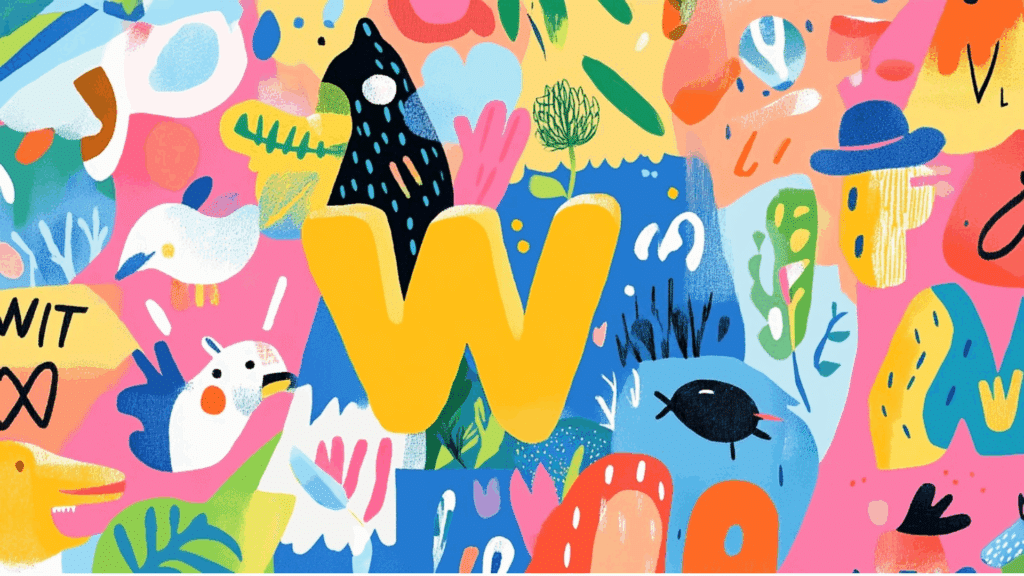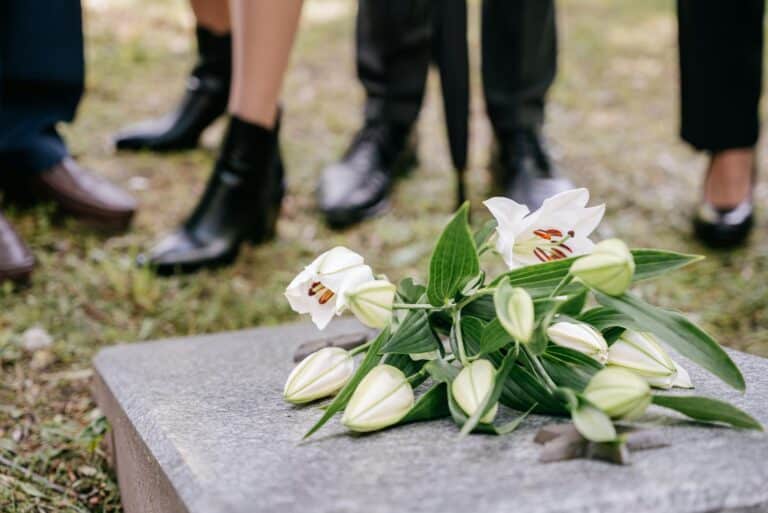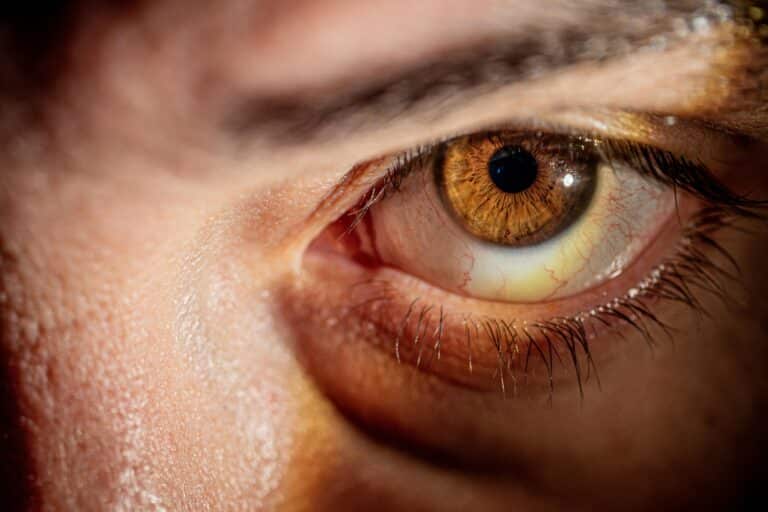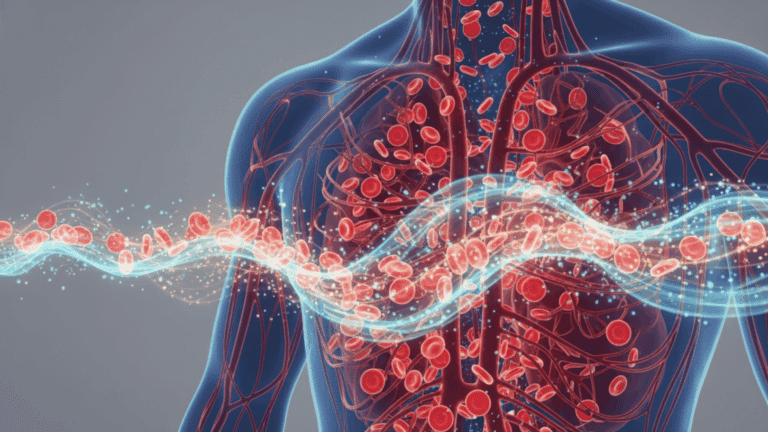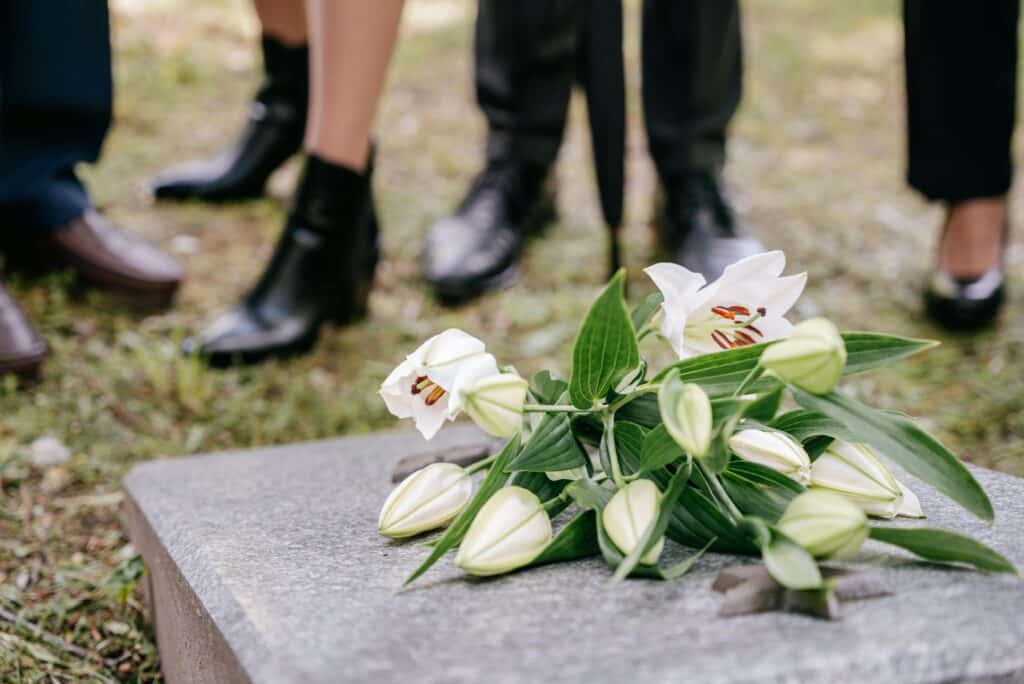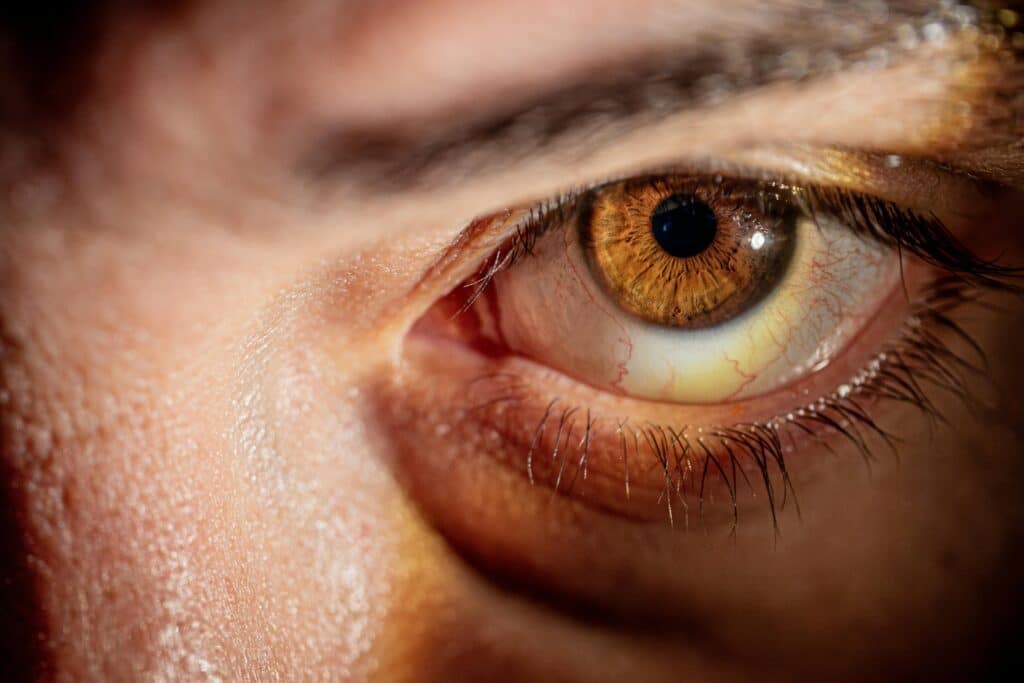Parents and teachers often face a common issue when helping kids build their vocabulary.
Children need fun, easy-to-remember words that will stick in their minds and help them express their thoughts better.
This guide offers a solution for anyone looking to boost a child’s word bank with adjectives that start with w . These words can turn plain sentences into more colorful expressions that kids will enjoy using.
Types of Adjectives that Start with W

Here are some adjectives starting with W, which are further divided into different meanings :
1. Warm – friendly and kind
2. Witty – clever and amusing
3. Wise – showing good judgment
4. Welcoming – making others feel comfortable
5. Wonderful – extremely good or delightful
6. Willing – eager to help or participate
7. Winning – charming or attractive
8. Worthy – deserving respect or praise
9. Wholesome – promoting health or goodness
10. Wealthy – having a lot of money or resources
11. Waggish – playfully humorous
12. Worldly – experienced and knowledgeable
13. Wondrous – inspiring awe or admiration
14. Warmhearted – kind and sympathetic
15. Well – in good health or condition
16. Willful – determined and resolute
17. Workable – practical and able to be used
18. Whole – complete and undivided
19. Watchful – alert and observant
20. Willowy – tall, slender, and graceful
21. Worn – damaged or thin from use
22. Winsome – sweetly attractive or charming
23. Worshipful – showing great respect or admiration
24. Welfare-minded – concerned with the well-being of others
25. Wakeful – unable to sleep, alert
26. Weepy – inclined to cry easily
27. Weak – lacking strength or power
28. Wicked – morally wrong or evil
29. Weary – very tired or exhausted
30. Worried – anxious or concerned
31. Worthless – having no value or use
32. Withdrawn – socially detached or shy
33. Wretched – extremely unhappy or unfortunate
34. Wild – uncontrolled or violent
35. Whiny – complaining in an annoying way
36. Wounded – physically or emotionally hurt
37. Worrisome – causing anxiety or concern
38. Wasteful – using resources carelessly
39. Woeful – full of sorrow or misery
40. Warped – twisted or distorted
41. Wanting – lacking or missing something
42. Wavering – unable to decide or uncertain
43. Wrathful – full of intense anger
44. Waspish – easily irritated or spiteful
45. Wheezing – making a hoarse, whistling sound when breathing
46. Witless – lacking intelligence or sense
47. Wobbly – shaky or unstable
48. Withering – causing to shrivel or fade
49. Woebegone – looking sad or miserable
50. Wilted – limp and drooping from lack of water or energy
51. Wayward – difficult to control or unpredictable
52. Wanton – reckless or immoral
53. Wrinkled – having lines or folds
Click here to download the free PDF of adjectives
How to Use Adjectives That Start with W in Everyday Vocabulary
Adjectives starting with “w” add color and detail to writing. They help describe people, places, and things more clearly.
Learning these words improves communication skills.
Common W Adjectives for Everyday Use:
Warm
- The warm soup felt good on a cold day.
- She has a warm smile that makes everyone comfortable.
Wide
- The wide road can fit three cars side by side.
- He has wide knowledge about many topics.
Weak
- The weak signal made the phone call difficult.
- After being sick, he felt weak for several days.
Wild
- Wild animals live in the forest without human care.
- The party got wild after midnight.
Wise
- The wise teacher gave helpful advice to students.
- Making a budget is a wise financial decision.
Wet
- Don’t sit on the wet bench after the rain.
- Her wet hair dripped onto the towel.
These adjectives work well in both speaking and writing. Start with simple ones like “warm” and “wide.”
Then add more complex ones like “wise” to your vocabulary. Practice using them in daily conversations to make them stick.
Wrapping Up
Teaching children adjectives that start with w helps them express their thoughts with greater clarity.
When children learn to use words like “warm “or “wild” they gain confidence in their speaking and writing skills. This foundation serves them well throughout their school years.
Start with a simple game! Ask your child to describe everyday items using W words. Make flash cards with pictures and words, or play “I spy” with W adjectives as clues.
Leave a comment below with your favorite way to teach adjectives, or share which W word your child loves most.

